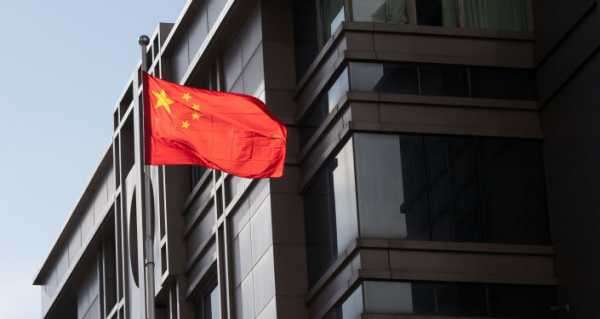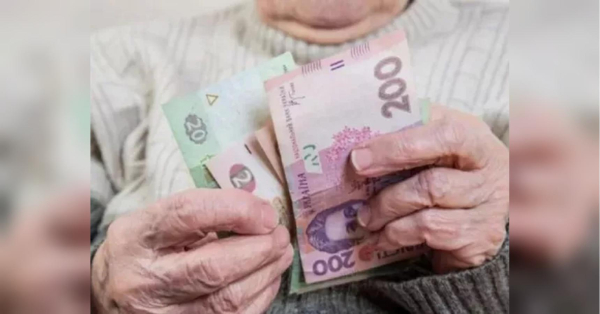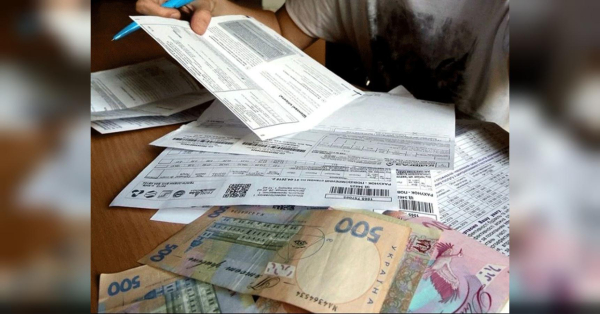
The US has ordered China to close its consulate in Houston in a bid to “protect US intellectual property”, a move China has referred to as completely unjustified and “unprecedented” in light of the ongoing TikTok and Huawei controversies.
China’s consulate in Houston had long been under the Federal Bureau of Investigation’s gaze as a base for Chinese efforts to steal US intellectual property, according to the Justice Department’s top national security official.
In a discussion set up by the Centre for Strategic and International Studies, John Demers, the Assistant US Attorney General for National Security, argued that Houston was “not chosen at random” when the White House announced it was shutting down the consulate last month “to protect American intellectual property and Americans’ private information”.
Chinese Foreign ministry spokesperson Wang Wenbin promptly blasted the action dubbing it “an unprecedented escalation of its recent actions against China”.
Demers said the move was meant to disrupt “what we had been tracking for some time”. He said he had been told about 50 instances in 30 different US cities where similar industrial and intellectual property espionage for China was alleged to have taken place, with Houston being just the “tip of the iceberg”. He noted even more US criminal indictments are likely to come in the course of this year, as the authorities have been reassigning prosecutors to deal with Chinese-related matters.
Demers weighed in on the domestic controversy around the use of the wildly popular video app TikTok, stressing the US government’s major concern has to do with national security issues, as the app is known to handle rather sensitive personal data, sometimes including personal contact lists and location details.

The logo of TikTok
Moving on to Huawei, he said similar concerns had prompted Donald Trump’s action against the Chinese telecom giant, claiming that the use of their top-notch technology in 5G networks would leave Americans open to even more exposure of their data. This is also the reason why the US administration has launched a “tremendous effort” to convince allies in Europe and Asia to be wary and talk them out of allowing Huawei equipment in their nascent 5G infrastructure, Demers said.
Both ByteDance, TikTok’s Beijing-based parent company, and Huawei, denied illegally handling sensitive data, with the video-sharing service, which is now understood as being forced by Washington to sell to Microsoft, insisting they collect less data than their US rivals Google and Facebook.
China’s envoy to the US, Cui Tiankai, insisted that forcing ByteDance to hand over the service to Microsoft violates US free market principles, while Beijing went on to warn the US of “consequences” should Trump’s order – to get TikTok handed over to an American business or face a ban in the county over national security grounds – be implemented.
Huawei, as soon the controversy around the world’s top smartphone maker was ratcheted up last year, insisted their infrastructure is transparent and free from Beijing’s involvement, welcoming foreign partners to conduct their own checks.
Sourse: sputniknews.com






